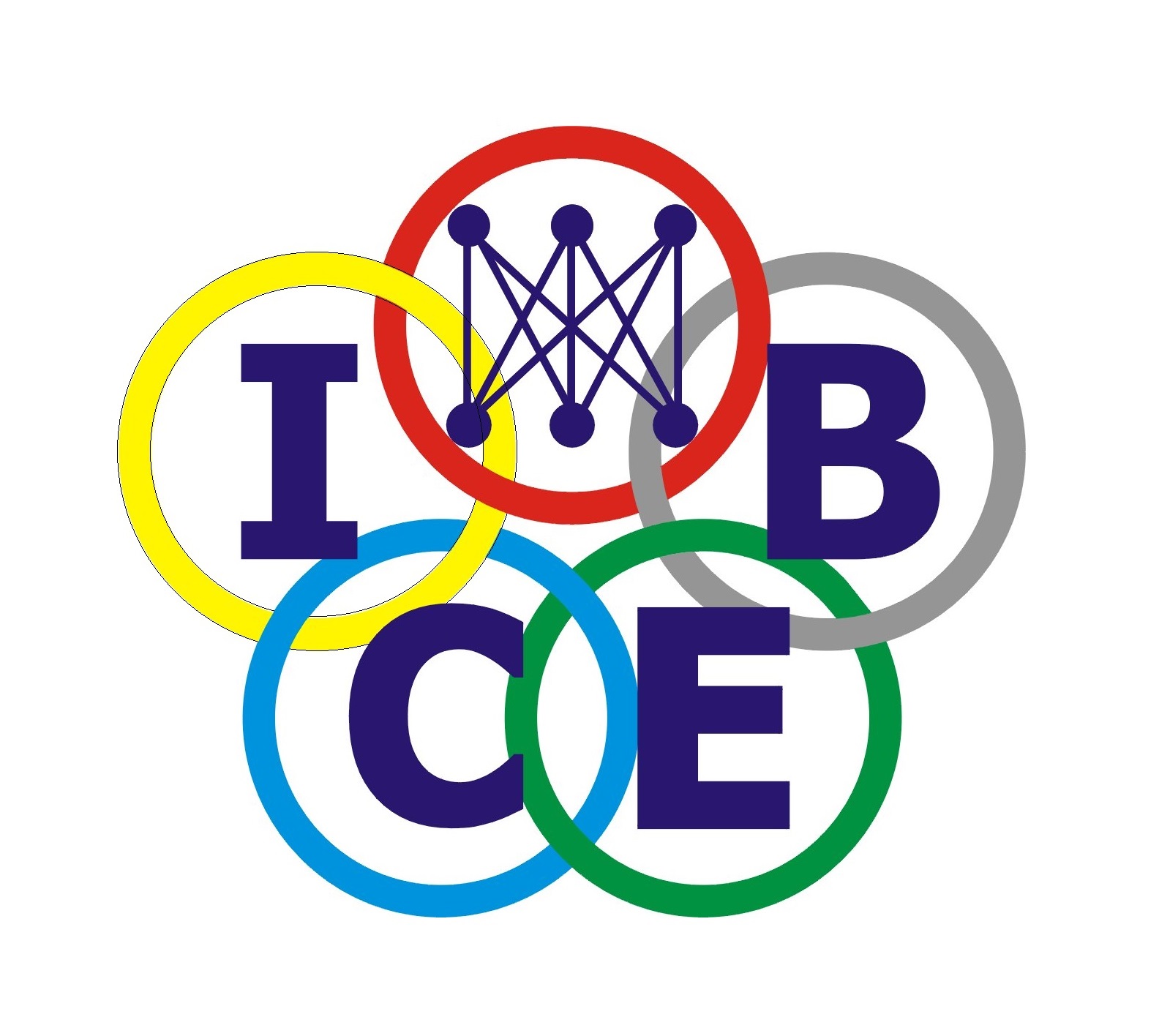Financial inclusion and fintech ecosystems in the digital age: A systematic review and meta-analysis
Abstract
The digital age presents a significant opportunity to bridge the financial divide and empower individuals to participate fully in the financial landscape. This study investigates the relationship between Fintech ecosystems and financial inclusion, leveraging a meta-analysis approach to extract the research findings. We move beyond basic correlations by employing weight analysis to identify the most impactful components within the Fintech ecosystem. Our analysis examines the relationship between Fintech ecosystems and four key aspects of financial inclusion: financial behavior/access, mobile banking, credit access, and investment opportunities. We explore how various elements within the Fintech ecosystem, such as digital consumerism, mobile payments, ownership of financial accounts, mobile phone use in financial transactions, FinTech credit offerings, financial capability, and internet use in financial transactions, correlate with these aspects of financial inclusion. The findings reveal a positive and statistically significant correlation between Fintech ecosystems and financial inclusion. Weight analysis further highlights the critical role of specific factors, including internet use in financial transactions, FinTech-facilitated credit access, mobile phone use in financial activities, and service trust. This research highlights the power of Fintech ecosystems to expand financial inclusion and pave the way for more inclusive fintech ecosystems in the future. By understanding the relationship between specific Fintech components and financial inclusion, policymakers and industry leaders can foster the development of targeted interventions that leverage the strengths of the digital age to bridge the financial divide.
Recommended Citation
Zafar, Usama and Li, Eldon Y., "Financial inclusion and fintech ecosystems in the digital age: A systematic review and meta-analysis" (2024). ICEB 2024 Proceedings (Zhuhai, China). 50.
https://aisel.aisnet.org/iceb2024/50


